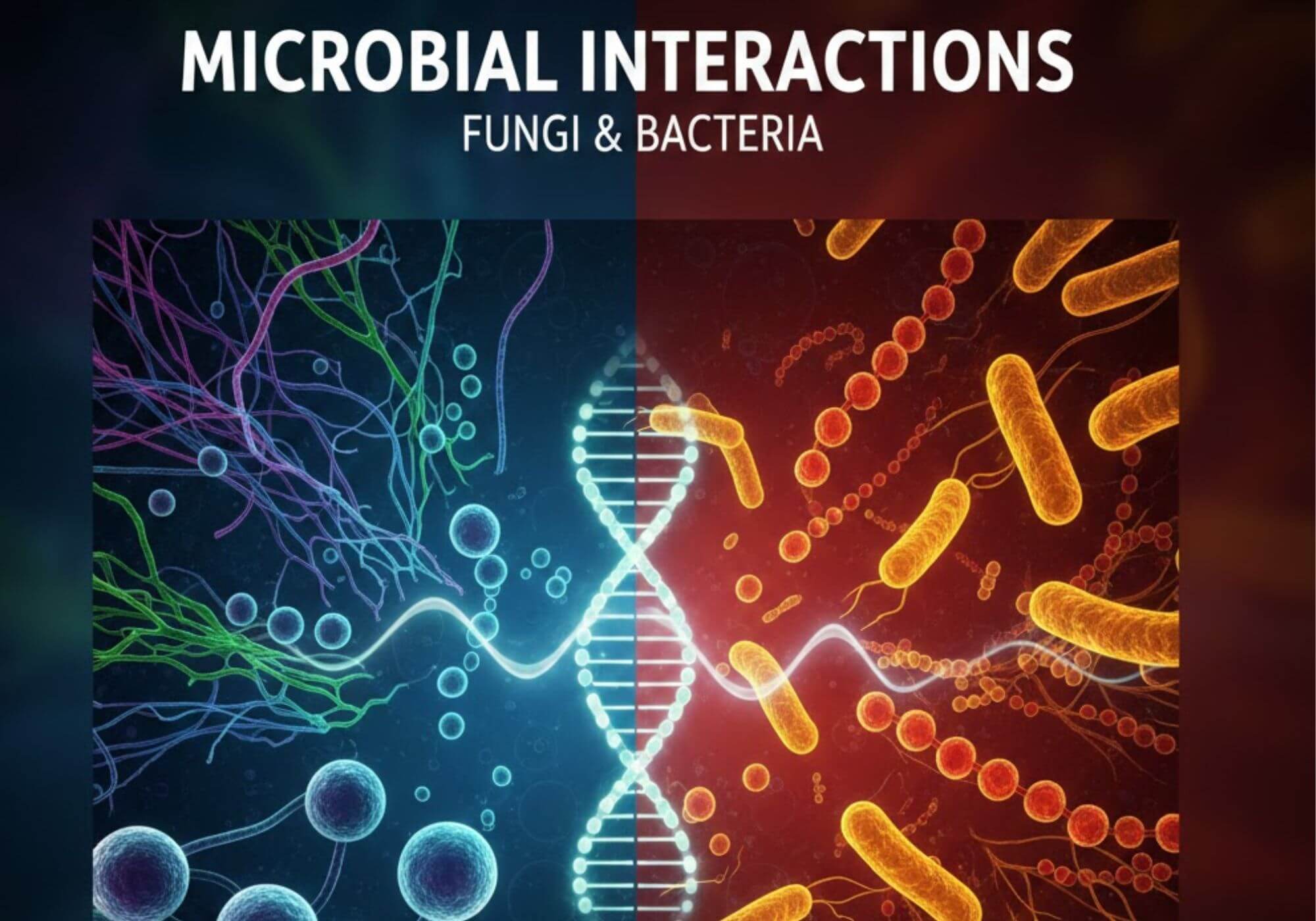Mindfulness Living: Simple Habits for Everyday Peace
Written By - Elira Stanswick
on October 16, 2024

Mindfulness Living: Simple Habits for Everyday Peace
In our world of hurry, it is quite easy to simply get hooked up in all the hustle and the bustle of everyday life. From Juggling work to relationships and even personal goals, life nowadays can feel like an extremely long to-do list that isn’t stopping and in all of this it seems really hard to find minor moments of some peace. But what if we told you that peace is not some far away destination or it seems impossible to achieve? Instead of trying to look for peace, you can create moments of calm every day. Learn and Understand about living with mindfulness for a healthy life.
Mindfulness is a simple but extremely powerful tool that helps you bring balance and peace into your hectic life and the best part? You don’t have to completely overhaul your routine or spend hours meditating in the Himalayas to feel change. Instead, mindfulness is simply about being in the present, whatever you’re doing, wherever you are and having awareness. You can do this through small and simple ways throughout the day.
In this blog post, we will explore how being mindful can vastly improve your mental health and provide you with some simple habits to aid you in living a peaceful and mindful life.
The Connection Between Mindfulness and Mental Health
Mindfulness and mental share a joint connection. Being mindful on a regular basis can drastically reduce stress and anxiety. When you start to practice mindfulness on a daily basis, your focus shifts away from worries about the future or regrets about the past. You become more present in the moment which can lead to calmness in your mind.
Research shows that mindfulness practice can help lower your cortisol (stress hormone) levels and improve your emotional regulation. This can have many good effects on your body such as better overall sleep, lower blood pressure and a clearer, calmer mind. When you’re mindful, you also have more awareness about your negative thought patterns. This can help you to stop the negativity cycle before it spirals out of your control.
But how can mindfulness impact your mental health in your daily life? Here are some ways:
- Reduces amount of stress and anxiety: By staying and focusing on the present moment, mindfulness can help you break the harmful cycle of overthinking and worry. You become less reactive to any and all stressful situations and become more grounded in your thought process.
- Improves overall focus and concentration: Mindfulness make you focus on the task at hand instead of multiple ones which can extremely improve concentration and reduce mental fatigue.
- Improves Emotional Awareness: Being Mind can help you have better control over your emotions and instead of pushing away negative feelings like frustration or sadness, you can now acknowledge them without regret.
- Promotes Sleep and Relaxation: By being in the present you have a quieter mind and have an easier time letting go of stress, mindfulness can promote a deeper, more restful sleep.
Now that we know our benefits, let us learn how to apply them into our daily routine and life.

Small Daily Rituals to Build Mindfulness
The true beauty of being mindful is that it is devoid of any fancy equipment, hours of practice or any special place. You can start immediately, wherever you are, whenever you want to. Here are some simple yet effective ways to incorporate mindfulness into your life,
- Start your mornings with intention and a goal.
After waking up in the morning, instead of going straight for your phone or rushing through your morning routine, take a small moment to stretch, take a deep breath and set an intention or goal for the day. It can be very simple like,” Today I will focus on being in the present”, or “I will approach my problems slowly and with calmness”.
Keeping an Intention in mind while starting your day can help you be more mindful and stay grounded through the day even when things start to pick up pace.
- Practice Mindfully Eating
Have you ever noticed that whenever you’re eating, you’re always either on your phone or watching TV or even rushing to get through to your next task?
It is quite easy to go through your meals on autopilot without even realising how much you’ve eaten or what you’re eating. You get a perfect taste of your food when you eat mindfully. You understand the taste, smell and texture of your food.
Chew gradually and focus your body feelings. Are you really hungry, or are you just eating because of habit? Simply being mindful can turn a regular meal into a peaceful moment of self-nourishment.
Not only does mindful eating help with your digestion, it can also help you prevent over eating. You will be more in tune with your body’s true hunger signals and less likely to eat mindlessly.
- Take Mindful Breaks throughout your day
You don’t have to dedicate a full hour or two to see the benefits of being mindful. Through your day, take a few mins to yourself and pause, take a deep breath or even get up for a few minutes. You can even set timers on your phone to help you. Refocus and reset yourself before getting back to your work and you will feel much better.
Digital Detox for a Clearer Mind
Our world is completely dominated by screens now. From your phone to your computer or your TV it is quite easy to get stuck in the digital world. While technology does have many benefits and can feel like a getaway. Being on your screen constantly can contribute to many negative feelings such as overwhelm, anxiety and even mental fatigue.
One of the simplest ways to being mindful is just by taking digital detoxes regularly. This doesn’t have to mean that you have to completely get rid of your phone and go off the gird. Instead, it’s just about creating a few boundaries with technology and being aware of how much time you spend on your digitals.
Here is how you can incorporate a digital detox into your life,
Set some screen free times
Set certain times throughout the day as a screen-free time, where you do not use any digitals. For example, you can set the first hour of your day after waking up to be a screen free time. This gap can help you create quite a good buffer between your digital life and mental health.
Limit Social Media
Social media can also be a huge source of your mental clutter. Scrolling through mindlessly can often lead to feeling inadequate in life.
Do one task at a time.
We often think that multitasking is more efficient and better, but it can actually hinder your progress and scatter your focus leading to increased stress. Practice Single tasking, wherein you do a single task at a time.
The Quiet Power of Micro-Moments
In our world of speed and complete productivity, we are often caught overlooking the power of pausing sometimes. Mindfulness isn’t about completely stopping your day; it’s about growing into it. It lives in those micro-moments those small moments where you’re waiting for your water to boil, or simply waiting for your tea to cool down. These small moments can become your anchor for awareness. Instead of going for your phone or rushing to complete your work, allow yourself to just be. Notice your breathing, your surroundings, feel your feet grounded on the floor. These small acts of simply tuning in are profound forms of self-care.
Mindfulness doesn’t have be a schedule or a special space. It only seeks for your attention and in giving that attention, even briefly, your can reclaim a part of yourself that often gets lost in all the hurry. You can start with one mindful moment a day. It can be quiet but it can definitely leave an impact.
Bringing Mindfulness into Your Relationships
Mindfulness doesn’t just even benefit you; it can also help you improve your relationships. When you’re in the present while interacting, you can create deeper connections and can reduce many misunderstandings.
Here is how you can add mindfulness into your relationships,
Listen
One of the best ways to be mindful in your relationships is to listen to your partner, and really listen. Instead of just thinking of how you’re going to reply or mentally do a task, instead focus and pay attention to what the other person is saying. Listen to your tone, check your body language and words. By being fully present, you can improve your communication and build even stronger bonds.
Practice Patience
We all get frustrated from time to time, especially with those we are closest to. But being mindful can teach us to pause and respond thoughtfully. Deep breathe exercise can help when you are irriatated.This can help your stay calm and reduce tension leading to harmonious interaction.
Express Gratitude
Take a moment to express your gratitude and thanks towards people in your life each day. This can be as simple sending a text to a friend, thanking your partner for small gestures or even saying thanks to the people who help you. This can help you keep a positive mindset.
Final Thoughts: Peace is Within Reach
Being Mindful is all about being in your present, being aware and intentional in your day-to-day life. Any small habits that you create to yourselves it will make a large impact towards your mental health. From starting your day with a goal, I mind, or eating mindfully or even taking a break from screens. Being mindful will bring you closer to a state of peace and calm.
Always remember, mindfulness is not about the destination but the journey, you don’t have to be a perfectionist or meditate for hours on end to see the benefits. Simply bringing awareness to your daily activities can help you have a more peaceful, mindful life.
More Blogs













